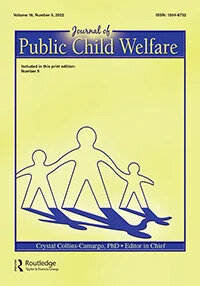Legal and relational permanence have long been viewed as a central outcome of child welfare services. Timely termination of parental rights (TPR) has been a cornerstone of these permanency efforts because TPRs facilitate permanency through adoption. Yet the number of adoption plans that are not finalized or sustained are not trivial.
Over 2,000 youth emancipate from foster care each year and many more leave earlier but not before a TPR has occurred. Some states have passed legislation to allow reinstatements of parental rights. This paper reviews the range of factors state legislation includes, reviews scant existing literature on how TPRs may effect youth, and proposes several options for ways that unproductive TPRs can be reduced, and timely reinstatements increased.

